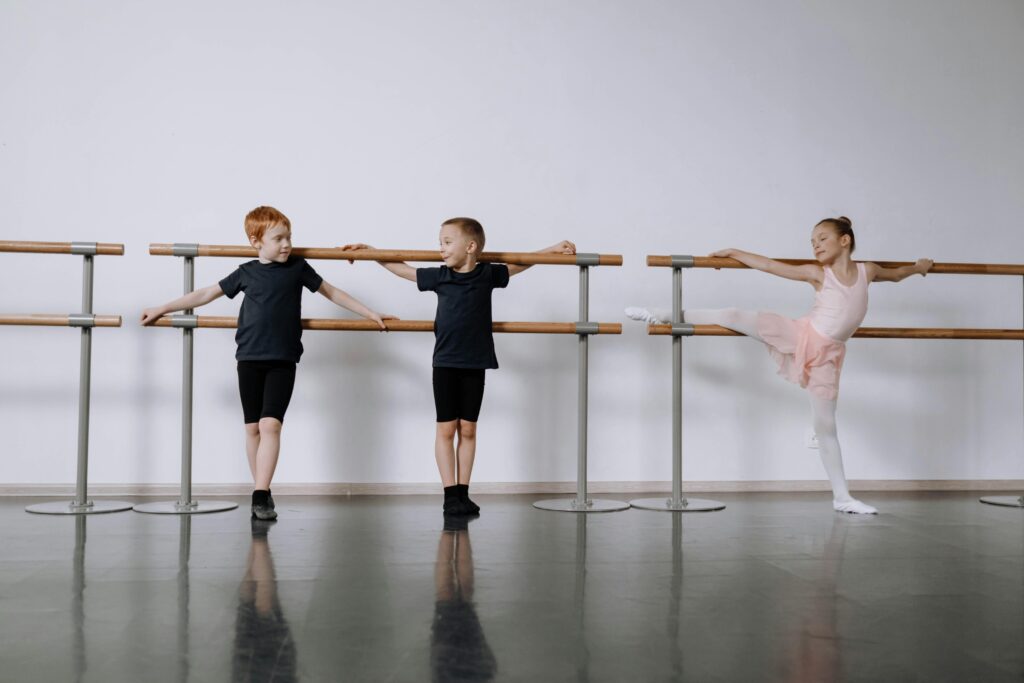Nina's Blog
Disciplining Your Child from a Place of Love

As parents, we know that discipline is necessary for teaching our children boundaries and helping them grow into responsible, respectful individuals. But let’s be honest—sometimes it’s tough! There are moments when we feel a bit sorry for our kids, especially when they’re upset or when the punishment feels like it’s breaking their little hearts. However, it’s crucial to stay firm and consistent for their long-term benefit.
Here are some tips to help you discipline your child, even when those feelings of guilt or pity start to creep in:
1. Understand the Purpose of Discipline
Before you even start, remind yourself of the purpose of discipline: it’s about teaching, not punishing. Discipline helps children learn about consequences, understand acceptable behavior, and develop self-control. It’s not about being harsh or punishing them for the sake of it. Keeping this in mind will help you stay firm, even when you feel bad about setting limits.
2. Stay Consistent
Consistency is key to effective discipline. If you only enforce rules occasionally or let things slide because you feel sorry for them, it sends mixed messages. Your child may start to test boundaries more often, wondering whether you’ll follow through or not. Stay consistent with the rules you set, and always follow up with appropriate consequences, even if it tugs at your heartstrings.
For example, if you’ve said that there will be no TV for the day because they didn’t finish their homework, stick to that rule. Letting them watch “just one episode” because you feel bad will make discipline less effective in the long run.
3. Show Empathy, Not Sympathy
There’s a big difference between empathy and sympathy when disciplining your child. Empathy allows you to understand their feelings while still holding them accountable. Sympathy, on the other hand, may lead you to soften the rules because you feel bad.
For example, if your child is upset after you’ve taken away their toy for misbehavior, you can say, “I understand you’re upset, and it’s okay to feel that way. But remember, you can have the toy back when you follow the rules.” By acknowledging their feelings without bending the rules, you show compassion while still teaching them important lessons about consequences.
4. Focus on Positive Reinforcement
Discipline doesn’t always have to be about consequences. In fact, one of the most powerful tools you can use is positive reinforcement. When your child behaves well, acknowledge it! Praise them when they follow rules, complete tasks, or show kindness. Positive reinforcement encourages good behavior, and it can sometimes feel like an easier way to guide your child, especially when you’re struggling with feelings of pity.
Simple things like, “I really appreciate how you listened today!” or “Great job cleaning up your toys without being asked!” can go a long way in motivating your child to repeat positive behaviors.
5. Be Calm and Firm
It can be tempting to soften the blow of discipline when your child is upset or throws a tantrum, especially when you feel bad for them. But staying calm and firm in your approach will help both you and your child manage the situation better.
Take a deep breath before responding to their behavior. Keep your tone calm but firm, and avoid showing hesitation. Children are very perceptive and can pick up on any uncertainty, which may lead them to push boundaries further. Remember that by staying firm, you’re helping them in the long run.
6. Offer Choices When Possible
Giving your child choices within the boundaries of discipline can help them feel empowered and reduce the need for resistance. It also gives you a way to feel less guilty about the discipline process because your child is still making decisions.
For example, instead of saying, “You can’t play with any toys because you didn’t clean up,” try saying, “You can choose to clean up your toys now and play after, or you can take a break and clean up later, but no new toys will come out until it’s done.” This gives them a sense of control, even though the rule still stands.
7. Explain the ‘Why’ Behind Discipline
Children, especially younger ones, may not always understand why they are being disciplined. Take a moment to explain why their behavior has consequences. This helps them connect their actions to outcomes, making discipline feel less like an arbitrary punishment and more like a learning opportunity.
For example, if they’re being disciplined for hitting their sibling, you can say, “We don’t hit because it hurts others. It’s important to use our words when we’re upset.” This not only reinforces the lesson but also helps you feel more confident in your role as a parent—knowing you’re guiding, not punishing.
8. Set Clear Expectations Ahead of Time
One way to reduce the need for discipline (and the guilt that comes with it) is to set clear expectations ahead of time. When your child knows the rules and the potential consequences, it becomes easier for both of you to navigate discipline.
For instance, before going to the grocery store, you could say, “We’re going to the store to get food. I need you to stay close and listen. If you don’t, we’ll have to leave early, and there won’t be a treat after.” This way, your child understands what’s expected and what will happen if the rules are not followed.
9. Take Care of Yourself Too
Sometimes the feelings of pity we have for our children stem from our own stress, fatigue, or guilt. It’s important to take care of yourself as well. Parenting is hard work, and you need moments to recharge so you can approach discipline from a calm, balanced place.
Give yourself grace, and don’t be too hard on yourself when you feel torn between being firm and feeling sorry for your child. It’s all part of the parenting journey, and finding that balance is a work in progress.

Conclusion: Firmness with Compassion
Disciplining your child while feeling a little sorry for them can be tough, but it’s a crucial part of helping them grow into responsible and respectful individuals. Stay consistent, use empathy, and remember that discipline is about teaching—not punishing. Your child may not understand it now, but they’ll thank you later for the boundaries you set and the love and guidance you gave them.
So, stick to the rules with kindness, be firm with compassion, and trust that you’re doing an amazing job!
Looking for a Business coach? Click HERE
Want more BLOGS? Click HERE
Comments will load here
Be the first to comment